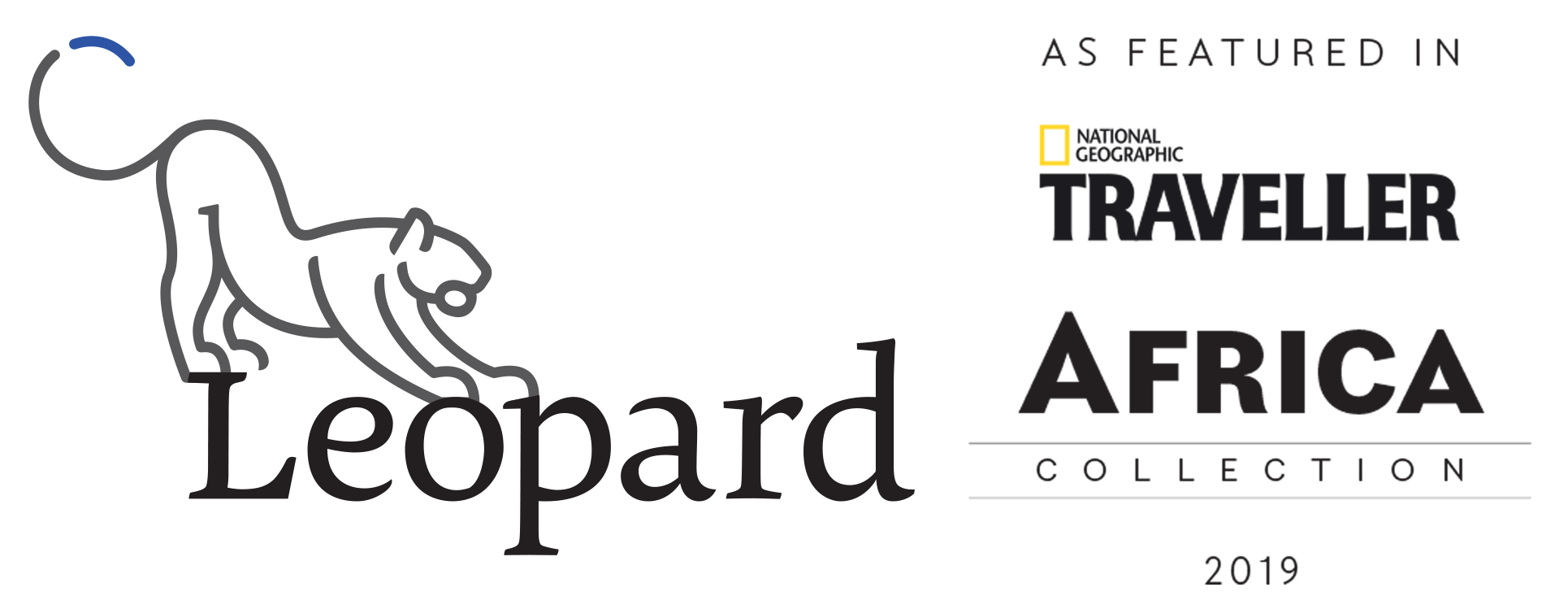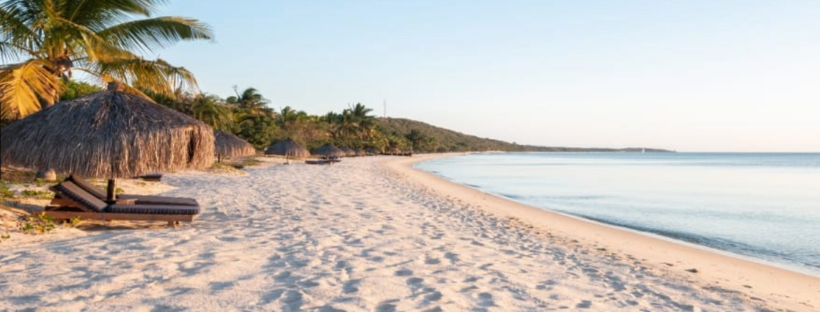The benefits of travelling to Africa during the shoulder season
Travelling in the shoulder season (the period between the high and the low season) can be blissful – with benefits such as lower rates, fewer crowds and more moderate weather. However, these advantages aren’t only experienced by you, the travelller, they have a ripple effect on local communities where the seasonal nature of travel affects the regional economy.
Avoid overcrowding
Recently a video showing a mass of safari vehicles converging on a cheetah kill in the Masai Mara Reserve in Kenya went viral for all the wrong reasons. Judy Kepher-Gona, the director of the Kenya-based Sustainable Travel and Tourism Agenda was quoted in the New York Times. “Sadly, what is seen in this video is the rule and not the exception in Masai Mara reserve.”
While this migration is a spectacle of nature and it’s understandable that travellers want to witness it in person, it’s worth considering the impact of over-tourism. Travelling outside of peak season, or supporting initiatives to limit visitor numbers in popular regions helps support sustainable travel, which has the benefit of protecting the treasures that we travel so far to see.
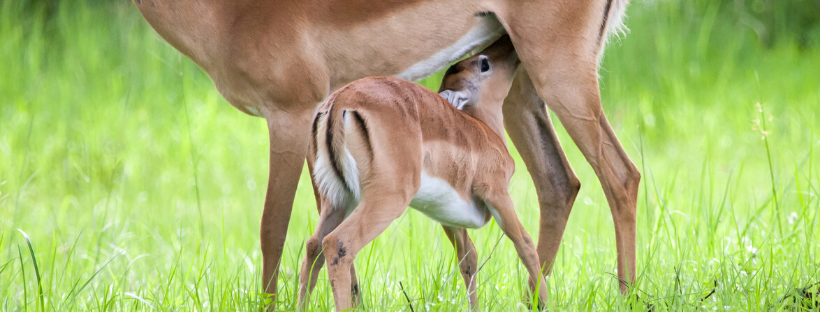
Where to go during shoulder season
The most popular time to visit South Africa’s Kruger National Park (and other game parks in the country) is during the dry winter season. However, the shoulder season months of April and October are lovely in Kruger and not as cold at night.
October can be excellent for game viewing, as animals gather at watering holes waiting for spring rains to bring new life. Birds also begin courtship rituals and although there is no fixed calving season in Kruger (it varies from species to species and many mammals give birth throughout the year), impala are among those that calve from the end of October to December.
During the shoulder season, the summer humidity in sub-tropical KwaZulu-Natal eases and it can be an excellent time to explore the parks and coastline here. If you’d like to hike in the Drakensberg with its dramatically beautiful peaks, autumn (April and May) or spring (September and October) are best. You’ll avoid the daily thunderstorms and the summer heat.
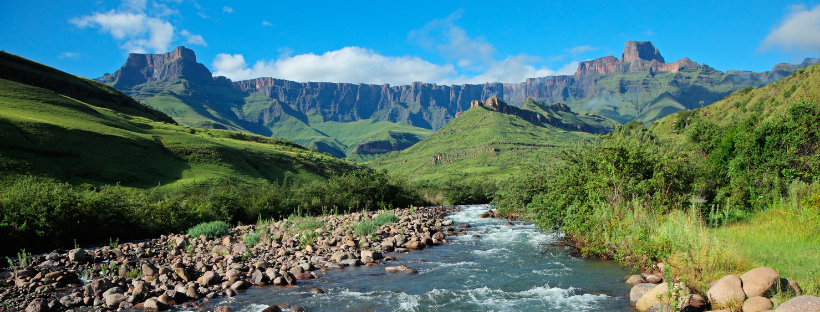
The northern parts of Kwa-Zulu Natal have a warmer tropical climate and just like neighbouring Mozambique can be very humid in summer. The climate around the Bazaruto Archipelago is more moderate in October and it’s an ideal time to scuba dive here.
Cape Town has a Mediterranean climate with a hot, dry summer, which makes the shoulder season of March and April favourable to those wanting to avoid the heat. The city’s summer southeaster wind will have died down and the restaurants, surrounding beaches and other popular attractions are less crowded than over the busy summer. The Cape Winelands can get particularly hot from December to February. Autumn offers a respite, with cooler mornings and evenings, and vine leaves that morph from green to variegated shades of brown, orange and red.
The shoulder season months of September and October are the best in which to see southern right whales and other cetaceans. Hermanus, De Hoop Nature Reserve and the Overberg coastline offers among the world’s best land-based whale watching spots.
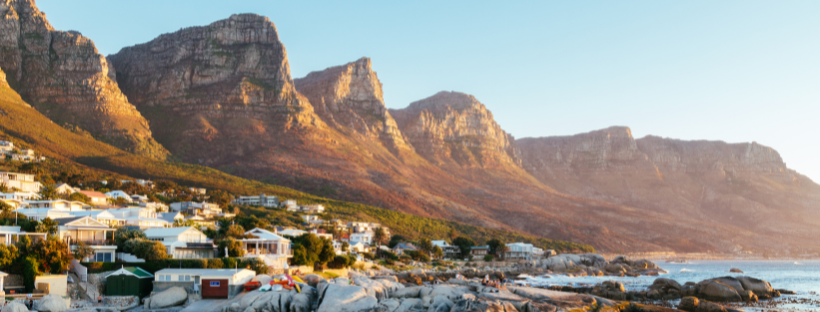
Save on costs
A final benefit of travelling during shoulder season is that you can get better value for your money. Some hotels and lodges offer shoulder season rates and even if they are not advertised, you’ll have greater opportunity to negotiate discounts outside of peak season. Flights also cost more during the holiday seasons, which means that you can save by travelling outside of these periods.
With fewer crowds and perks like access to popular destinations, there’s a lot to love about the shoulder season.
Happy Travelling,
The Leopard Team
P.S. Join Diana on 17 March in San Francisco for a fun evening of cheese, wine and talk about travel! If you don’t live in San Francisco but know someone who does, and is interested in traveling to Africa, please pass the invitation on to them.
To join this exclusive event (space is limited), please RSVP at: https://pp.events/leopardtravelafrica
Sign up for more newsletters like this here: https://mailchi.mp/2e4afa50d15f/leopard

